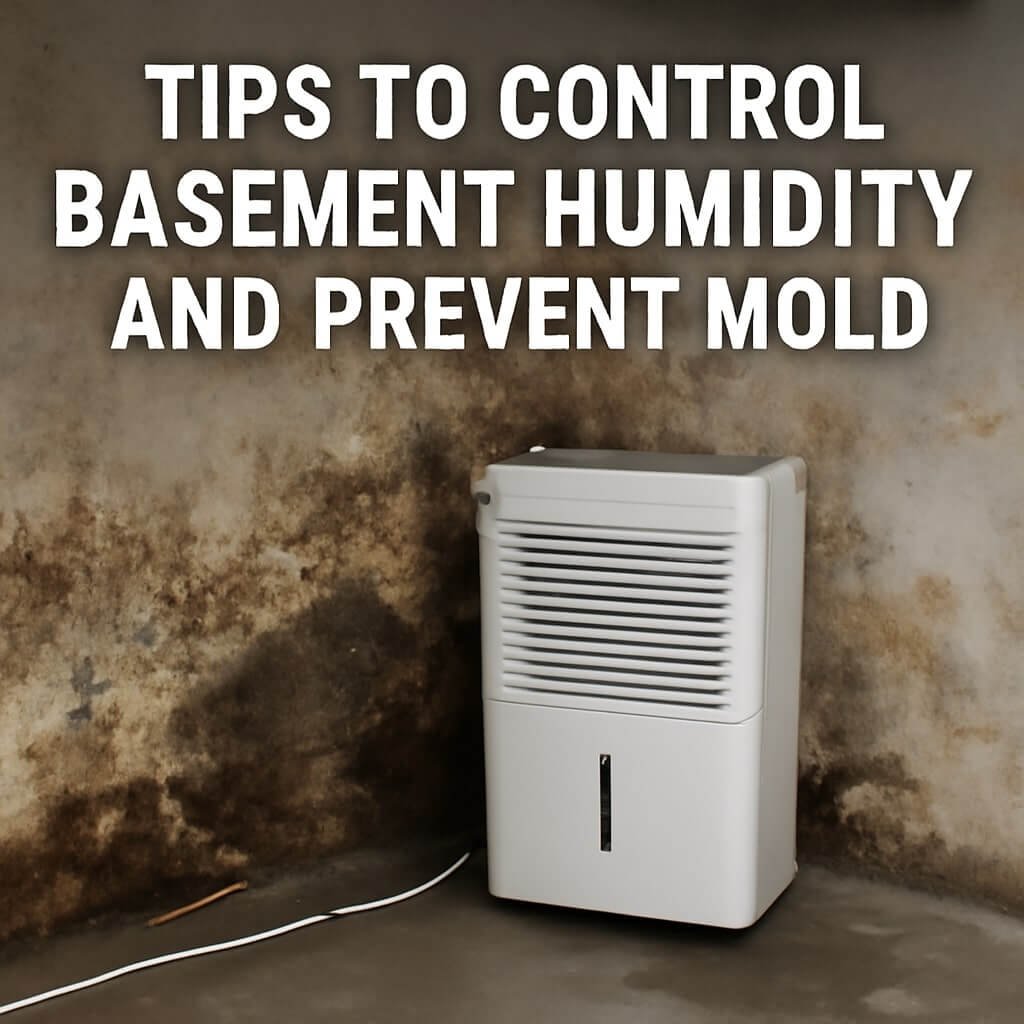Basement water leaks are a homeowner’s nightmare, often sneaking up quietly before causing costly damage. Recognising the early warning signs of basement water leaks is crucial to protect your home’s foundation, prevent mould growth, and avoid expensive repairs. Water intrusion in basements can result from a variety of factors, from plumbing faults to soil drainage issues. Ignoring these signs can lead to structural damage and serious health risks. This article will guide you through the most common indicators that your basement might be leaking and what to do next.
Common Causes of Basement Water Leaks

Understanding the root causes can help you identify leaks early. Common reasons for basement water leaks include:
- Poor Soil Drainage: Excess water from rain or melting snow saturates the soil around your home, pushing moisture into your basement walls or floors.
- Foundation Cracks: Small cracks in your foundation or walls allow water to seep in.
- Faulty Plumbing: Broken or leaking pipes can cause localised water damage.
- Clogged or Broken Gutters: Water pooling near your foundation due to poor drainage increases leakage risk.
How to Detect Basement Water Leaks Early
Early detection involves a combination of visual inspection, smell, and sometimes the use of tools like moisture meters or hygrometers. The sooner you notice these signs, the better your chances of minimising damage.
Visual Signs of Water Leakage
Look for discolouration on walls or floors, peeling paint, or white, powdery deposits known as efflorescence. These are often tell-tale signs of moisture intrusion.
Musty Odors and Mold Growth
A damp, musty smell often indicates mould or mildew, which thrives in wet environments. Mould growth can appear as black, green, or white spots on surfaces.
Structural Damage Indications
Warped walls, cracked foundations, or buckled flooring can all signal ongoing water problems.
15 Early Warning Signs of Basement Water Leaks
Here’s a detailed look at the most common signs indicating your basement may be leaking:
1. Damp or Wet Floors
If your basement floor feels damp or you notice wet patches, it’s a clear indication of water intrusion. This can be due to seepage through cracks or groundwater pooling.
2. Water Stains on Walls
Brown, yellow, or grey water stains often appear where moisture penetrates walls. These stains may grow over time if the leak is untreated.
3. Peeling or Bubbling Paint
Water damage beneath the paint causes it to lose adhesion and bubble or peel off, especially on basement walls.
4. Musty or Mouldy Smells
Persistent musty odours that don’t go away with cleaning are a strong sign of hidden mould caused by moisture.
5. Efflorescence (White Powdery Substance)
This chalky residue forms when water evaporates and leaves mineral deposits behind on concrete or brick surfaces.
6. Cracks in Foundation or Walls
Visible cracks can let water in and also indicate structural stress related to moisture problems.
7. Warped or Buckled Walls
Walls that bow inward or show signs of warping can be caused by prolonged water pressure and saturation.
8. Rusted Metal Components
Look for rust on pipes, support beams, or appliances in your basement, which signals excess moisture.
9. Increased Humidity Levels
Higher-than-normal humidity measured by a hygrometer can indicate moisture issues even if water isn’t visible.
10. Water Pooling or Puddles
Standing water after rain or snow melt near your basement entry points means water isn’t draining properly.
11. Unusual Sounds (Dripping or Running Water)
Hearing water when there shouldn’t be any is a sign of leaks within pipes or walls.
12. Pest Infestations
Moisture attracts insects and rodents; seeing more pests in your basement might mean water is present.
13. Failure of Sump Pump
If your sump pump stops working during heavy rains, your basement can flood.
14. Increased Utility Bills
Sudden spikes in water bills can signal leaks within plumbing that may affect your basement.
15. Moisture Meter Readings
Professional tools can detect hidden moisture inside walls and floors before it becomes obvious.
Health Risks Associated with Basement Water Leaks
Basement water leaks don’t just damage your home—they can also harm your health. Mold spores released from damp areas may cause allergic reactions, respiratory problems, or worsen asthma symptoms. Prolonged exposure to mould can affect vulnerable groups such as children, the elderly, and those with weakened immune systems.
How to Prevent Basement Water Leaks

Prevention is always better than repair. Here are some practical tips:
- Maintain Gutters and Downspouts: Ensure they direct water away from your home.
- Grade Your Landscape: Sloping soil away from the foundation prevents water pooling.
- Seal Cracks: Use waterproof sealants on walls and floors.
- Install or Maintain a Sump Pump: Keep your pump working properly to remove excess water.
- Use a Dehumidifier: Keep basement humidity below 50% to prevent mould growth.
When to Call a Professional
If you notice persistent water problems or structural damage, don’t hesitate to call a waterproofing or foundation expert. Professional inspection can identify hidden issues and recommend repairs that prevent further damage.
Frequently Asked Questions (FAQs)
1. How can I tell if my basement leak is due to plumbing or foundation issues?
2. Can I fix basement water leaks myself?
3. How often should I inspect my basement for leaks?z
4. What is efflorescence, and should I be worried?
5. Does a sump pump guarantee no basement flooding?
6. Can mould from basement leaks be completely removed?
Conclusion
Recognising the early warning signs of basement water leaks is vital for protecting your home’s value and your family’s health. From damp floors to musty odours and foundation cracks, paying attention to these signals allows you to act swiftly. Preventive measures, timely repairs, and professional help when needed can save you from costly damage and stress.



